- -25 %
Vina Coqueta Reserva 2008
Profile
-
Fruit
-
Body
-
Tanins
-
Freshness
-
Alcohol
Variety
Flavours
-

-

-

-

Glass

Serving Temperature

Food pairing
-

-

-

Maturity
Ready, but will improveYou may like these...
More of the same producer
More about this product
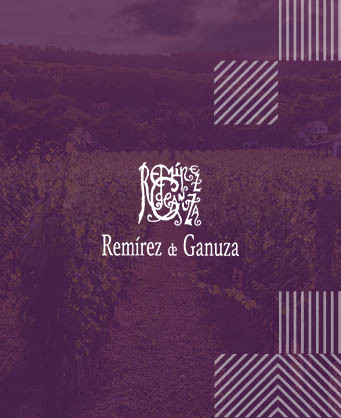
Remirez de Ganuza
The vineyards of Fernando Remirez de Ganuza are selected, each according to its microclimate, soil and location. They are over 80 hectares and are some of the best in the Rioja Alavesa appeal. It is one of Rioja's three sub-appeals, along with Rioja Alta and Rioja Baja, and the only one located in the Basque Country. The vines are located high up, where they take advantage of the cool night temperatures, influenced by the Atlantic Ocean, which preserve the natural freshness of the grapes. The soils are dominated by clay and limestone, which makes the wines dense and complex. The vineyards are, on average, over 50 years old. During the harvest, Fernando Remirez de Ganuza was the first to separate the "shoulder", where there is more concentration of sugars and phenols, from the "top" of each bunch. The wine of Bodegas Fernando Remirez de Ganuza is the result of the connection of an exceptional person with an exceptional terroir and has gained world fame since its first vintages.
All wines of the same producer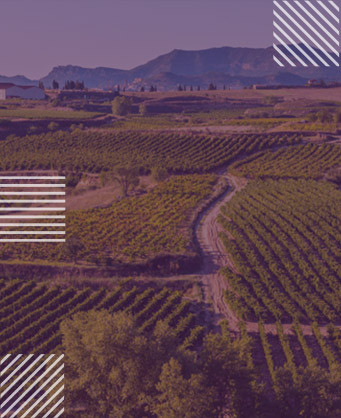
Rioja
Undoubtedly, this is the homeland of the oldest and most respected red wine in Spain, whose rival is only Jerez. The vineyards trace the flow of the Ebro River for about 100 kilometers between the towns of Haro and Alfaro. The area is named after the river that flows through it, the Rio Oja. It is divided into three separate areas; Rio Alta, the highest, where wines are considered elegant and with balanced acidity; Alavesa average (here the acidity is a little more pronounced) and Baja, the lowest, where the significantly warmer climate determines the more pronounced saturation and density in wines. Overall, the best wines come from Alta and Alavesa, although many are a combination of the two. The main grape here is Tempranillo, often blended with Garnacha and sometimes Carignane. All wines in Rioja in the top category must be aged in oak, and historically the American oak is preferred. Nowadays, however, many wineries use a combination of American and French oak. The ripening of American oak is what gives the more traditional Rioja red wines the distinctive notes of coconut, vanilla and sweet spice. The time that Rioja wine spends in a barrel dictates which of Rioja's official ageing categories will take its place on the label: Joven, Crianza, Reserva or Gran Reserva. Rioja Joven wines are intended for consumption within two years of harvest. They spend little or no time in oak - jóven is the Spanish word for "young". Crianza red wines are aged for at least one year in oak and one year in bottle and only on the market in the third year. Reserva red wines spend at least one year in oak and cannot be presented for a full three years after harvest. Gran Reserva undergo a total of five years of ageing with at least two years spent in oak barrels.
More wines of this region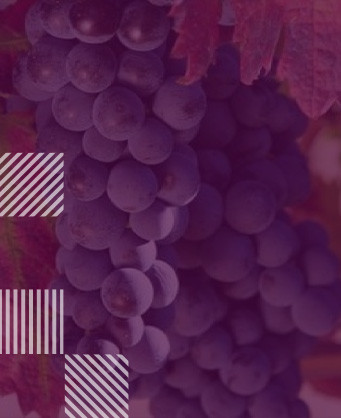
Tempranillo
Almost every red wine in Spain from Rioja and Ribera del Duero has Tempranillo at its core, and in Portugal the variety is widely used in the Douro Valley – under the name Tinta Roriz – both for table wines and world-famous fortified wines (Port). The red wines based on Tempranillo are characterised by a wide range of aromas - from strawberries, blackcurrants and cherries to prunes, chocolate and tobacco depending on climate, vineyard age and oak ageing.
More wines of the same variety
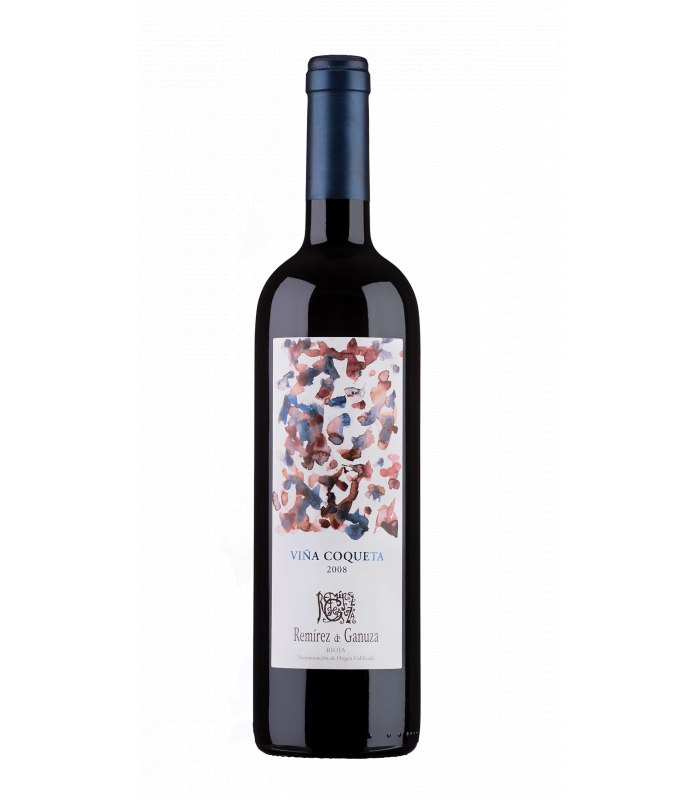


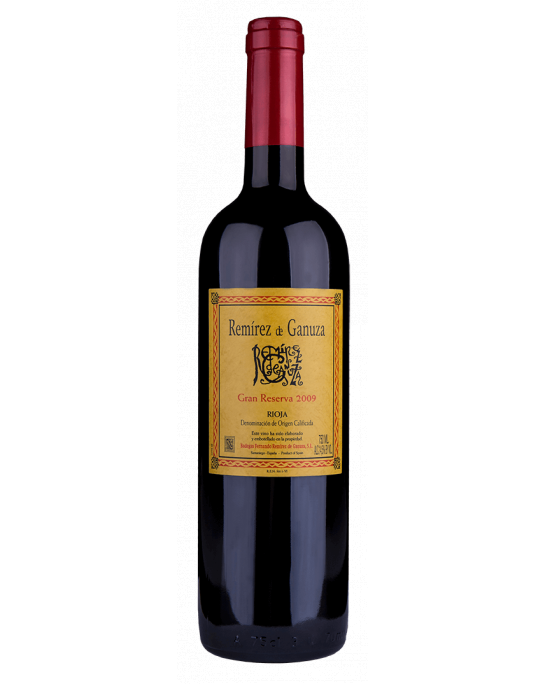
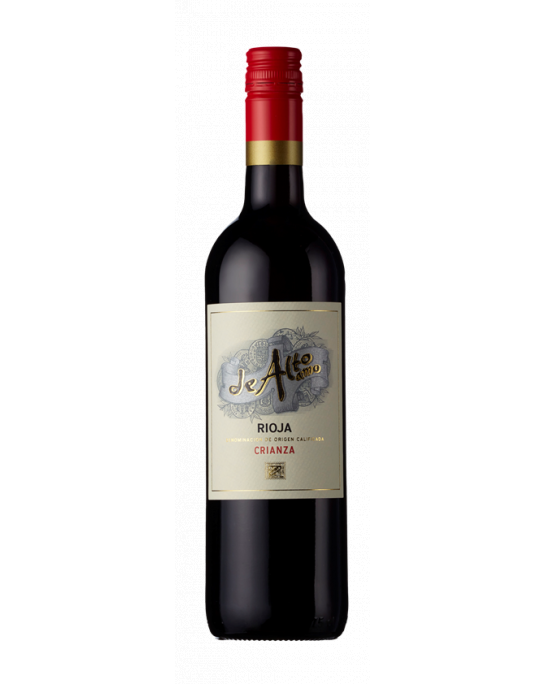
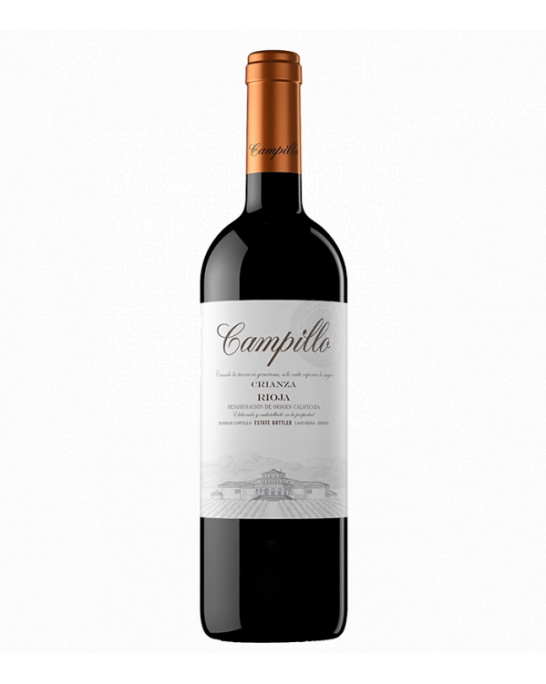
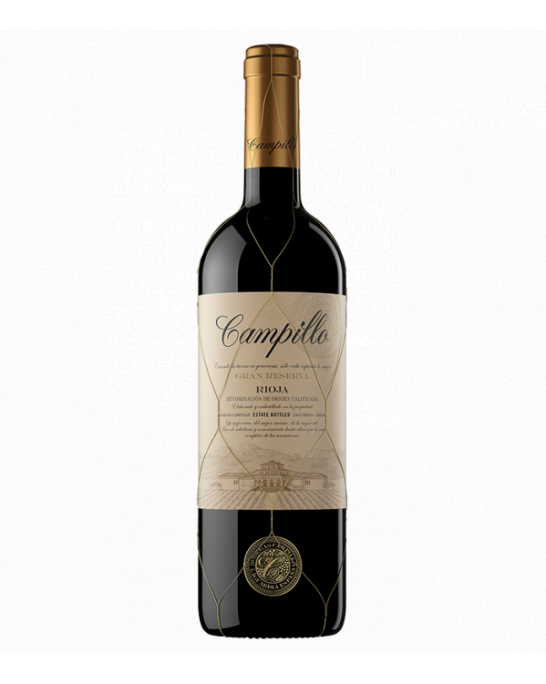
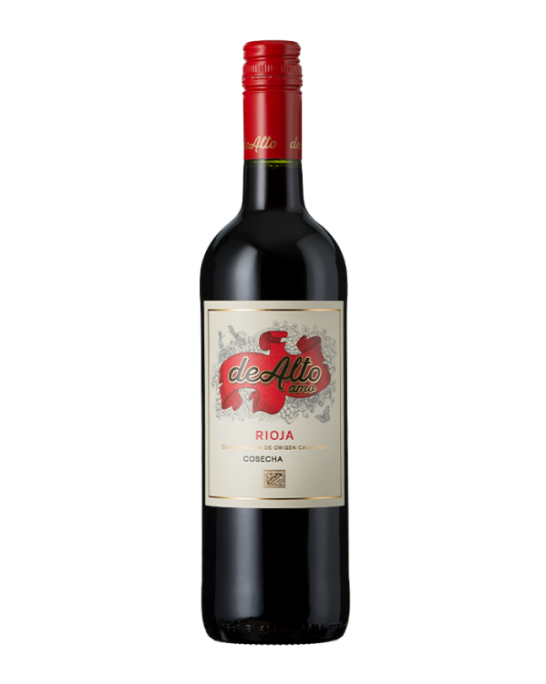
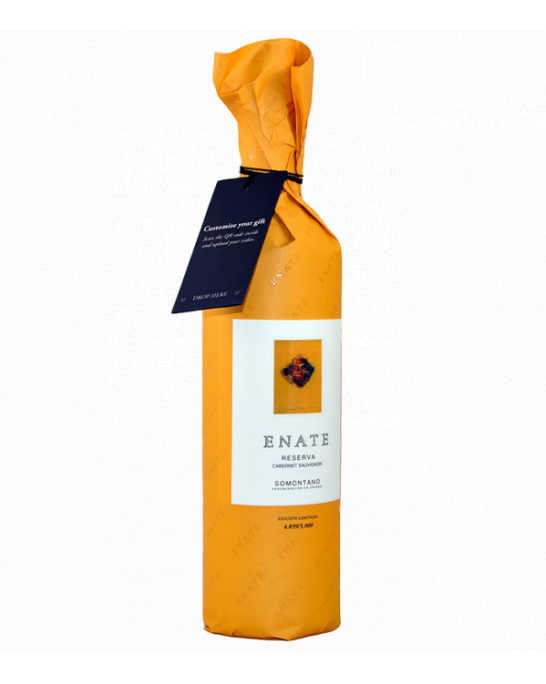
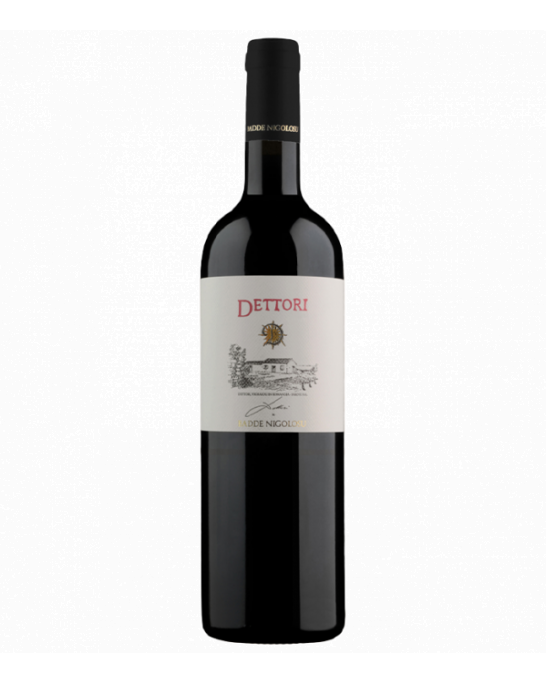
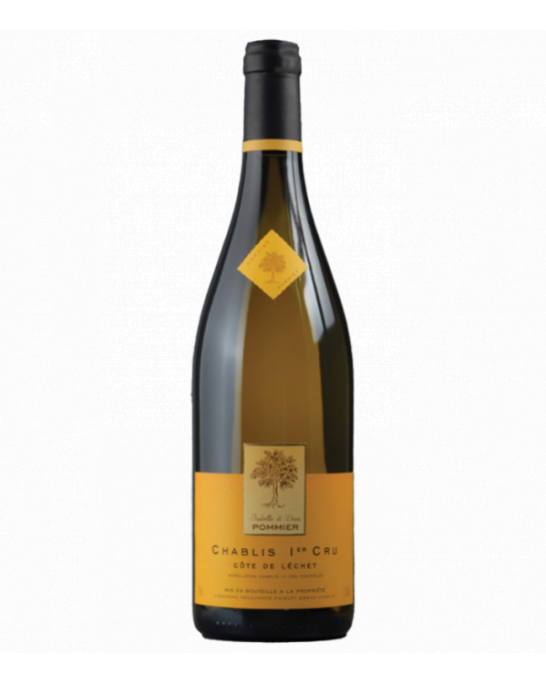
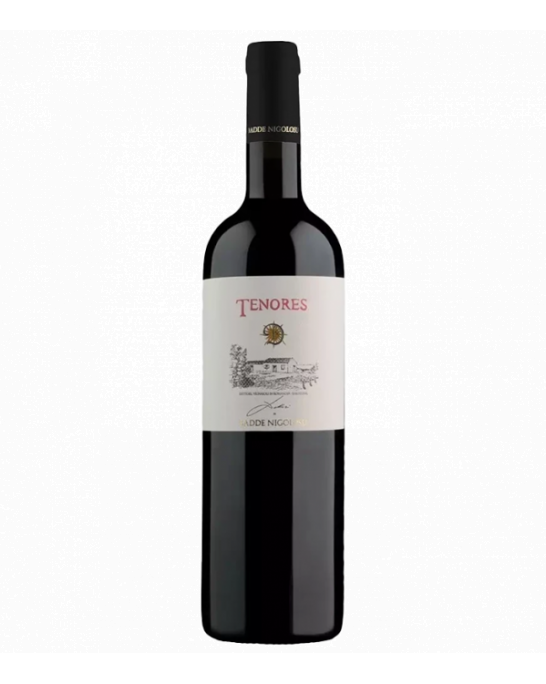
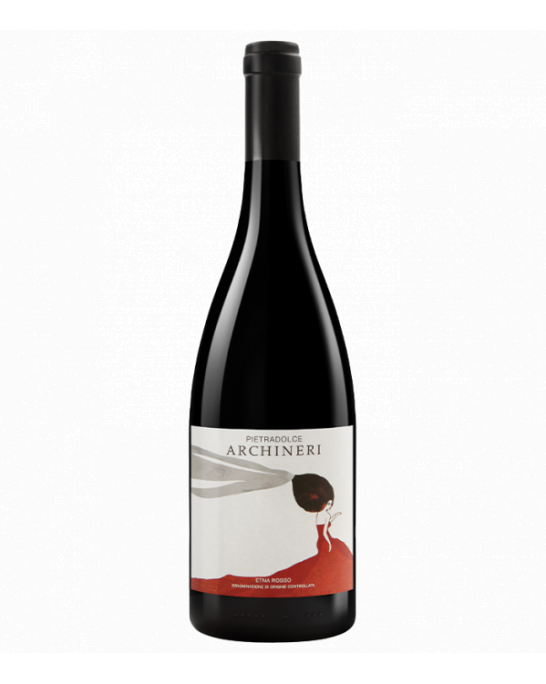
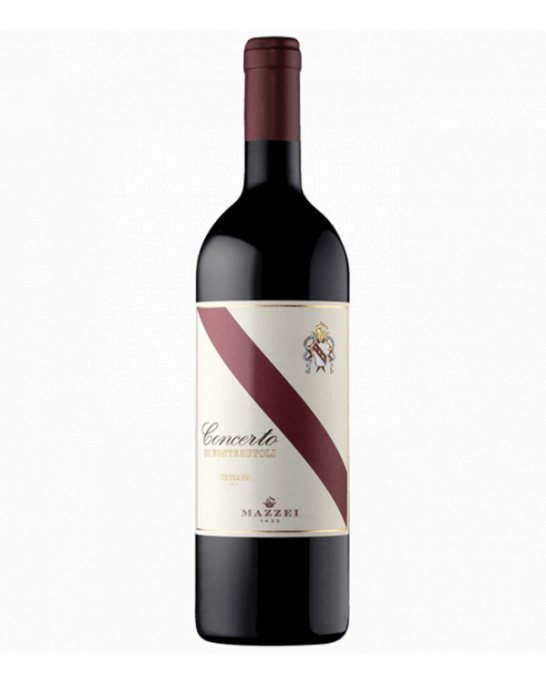
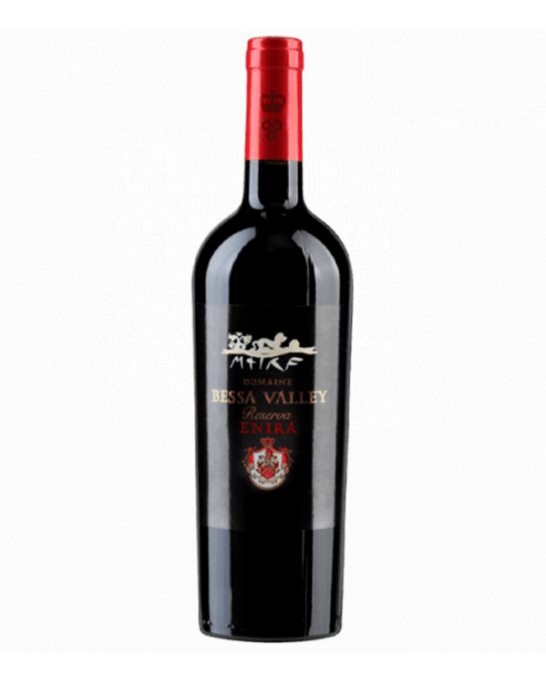
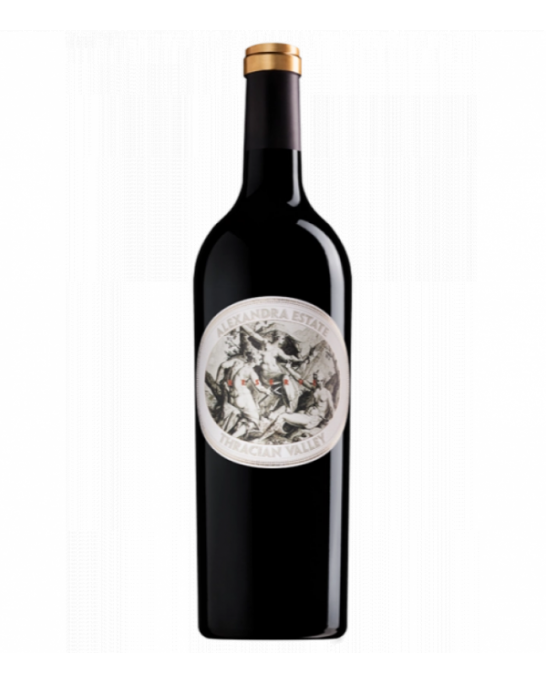
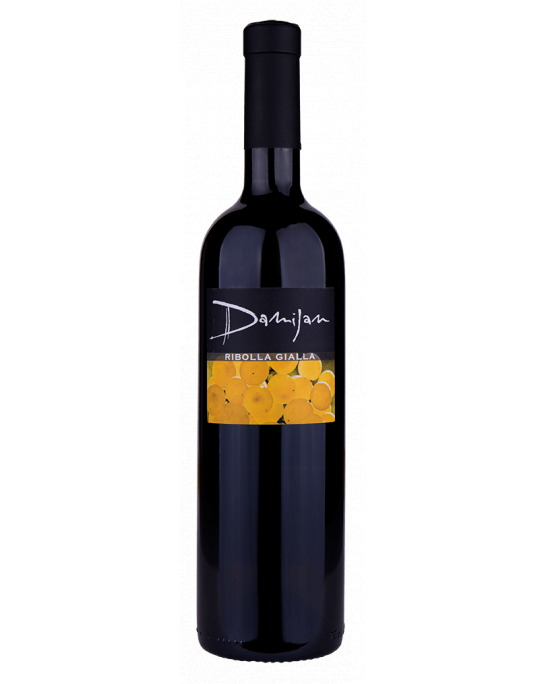
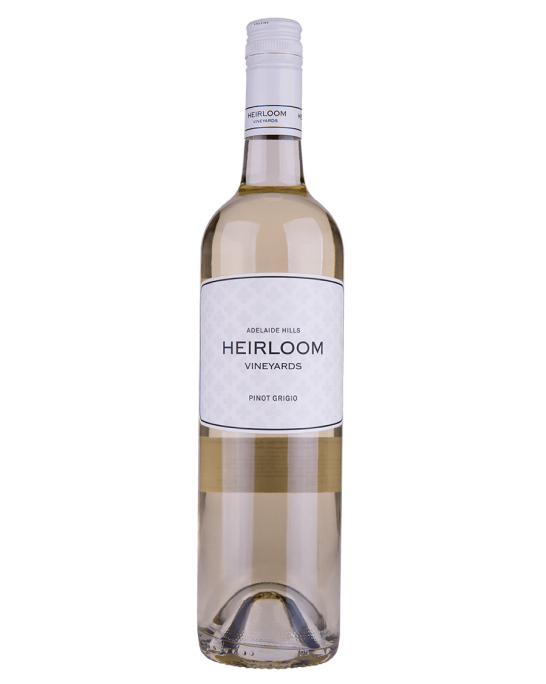
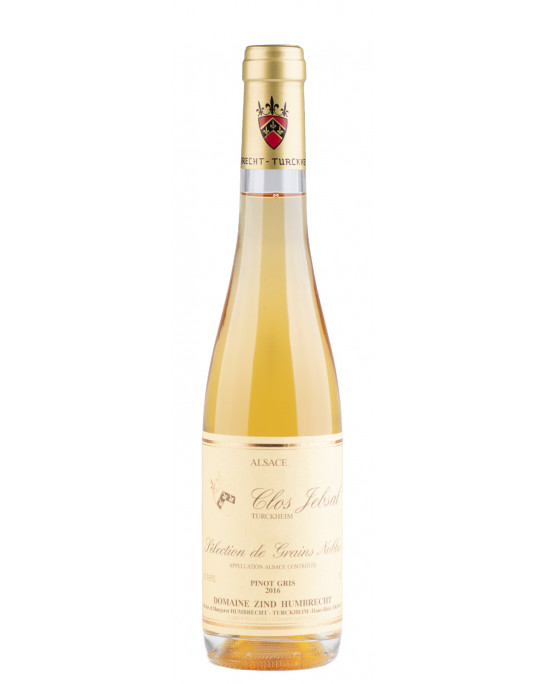
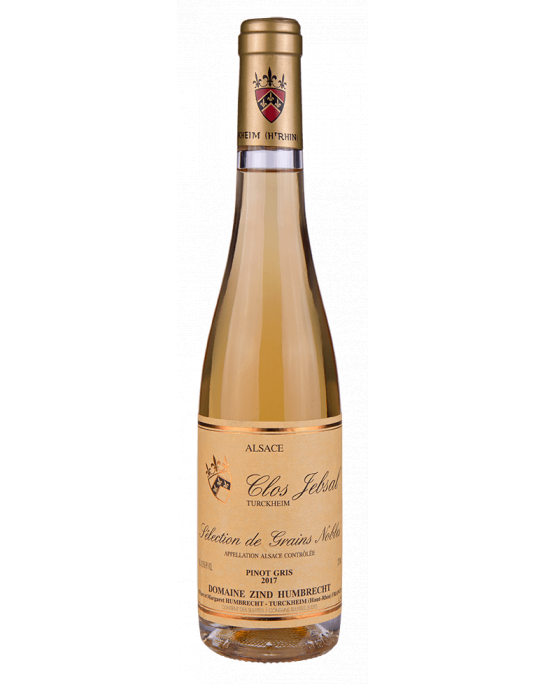
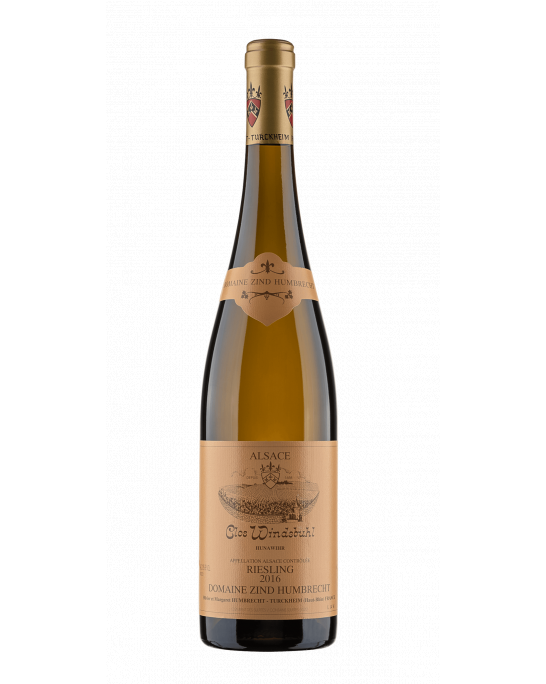
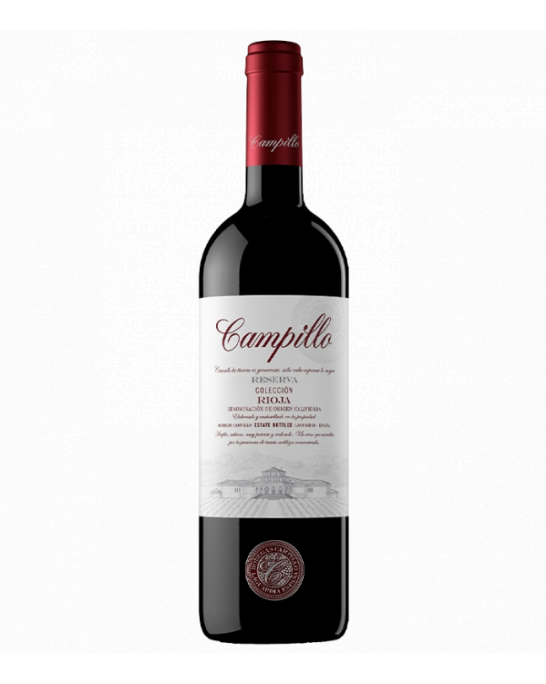
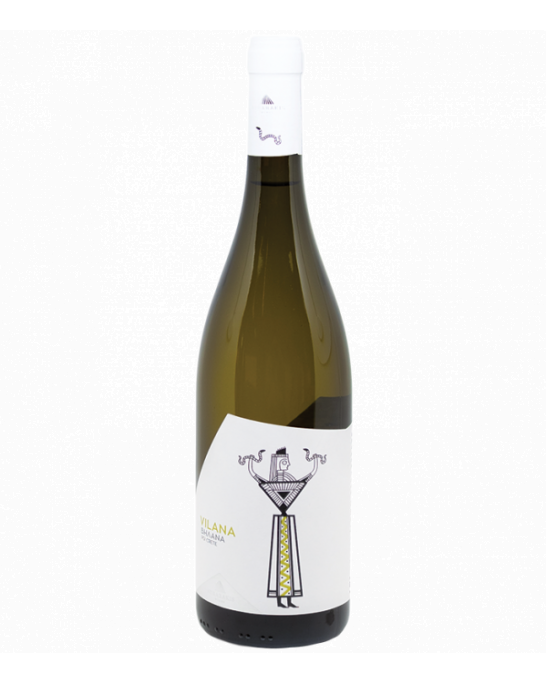
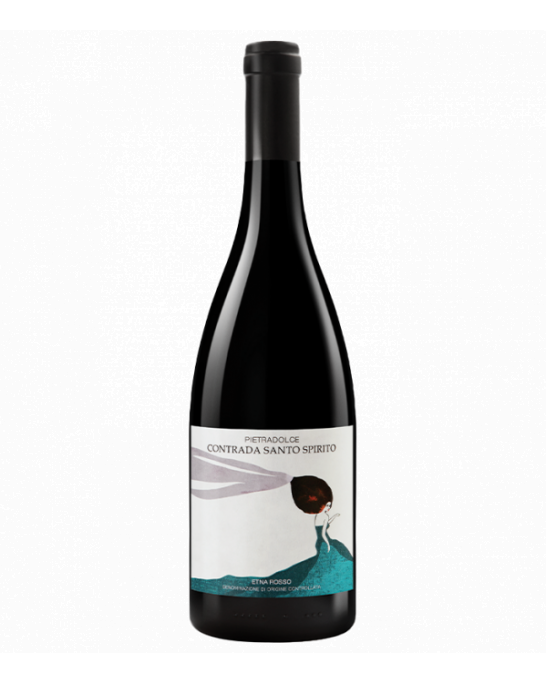
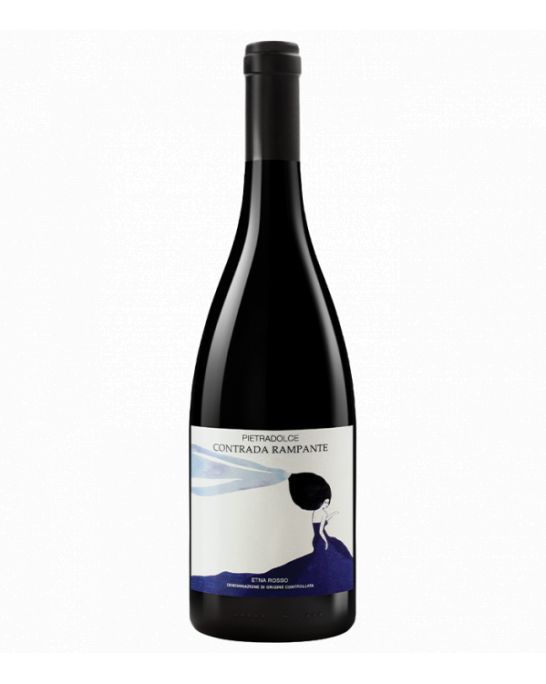
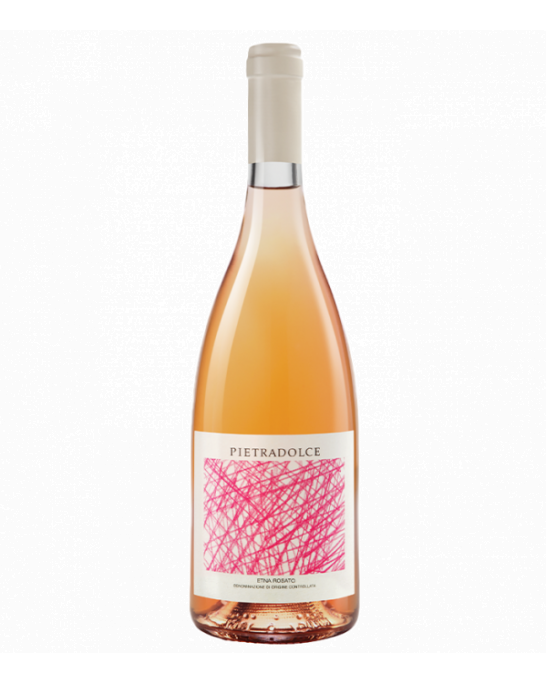
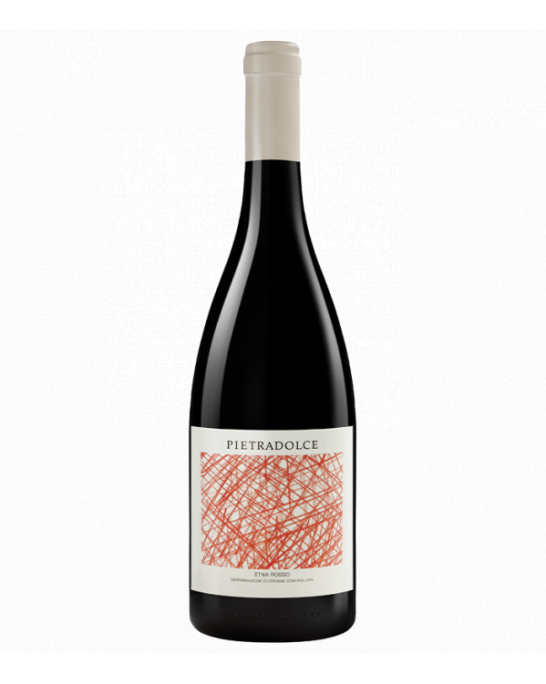
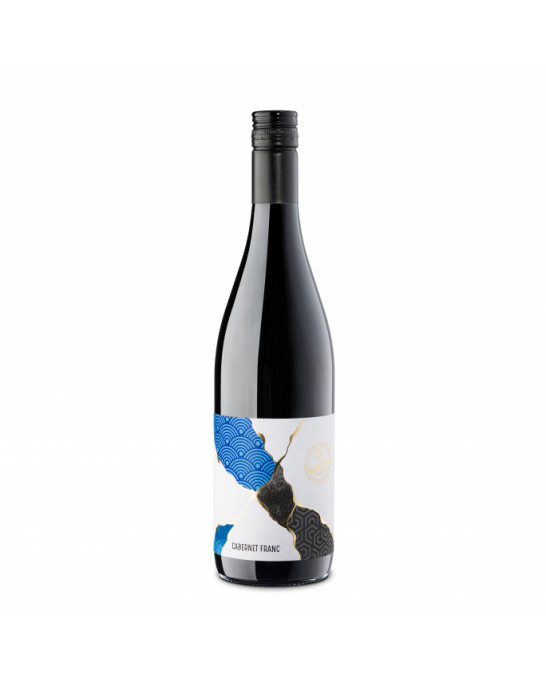
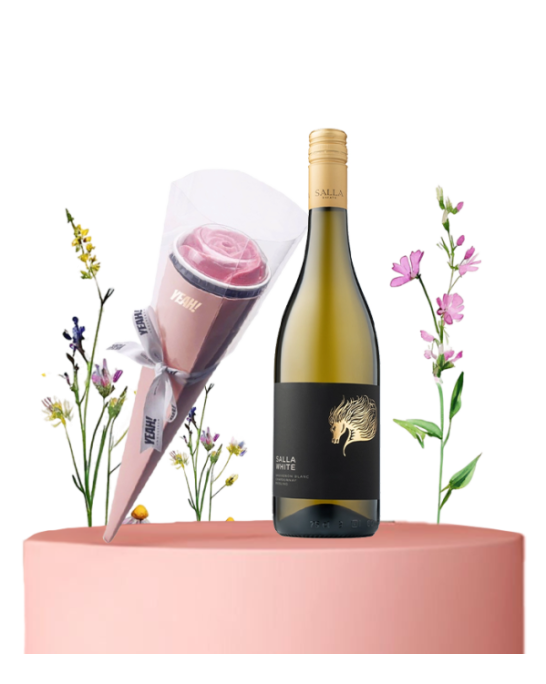
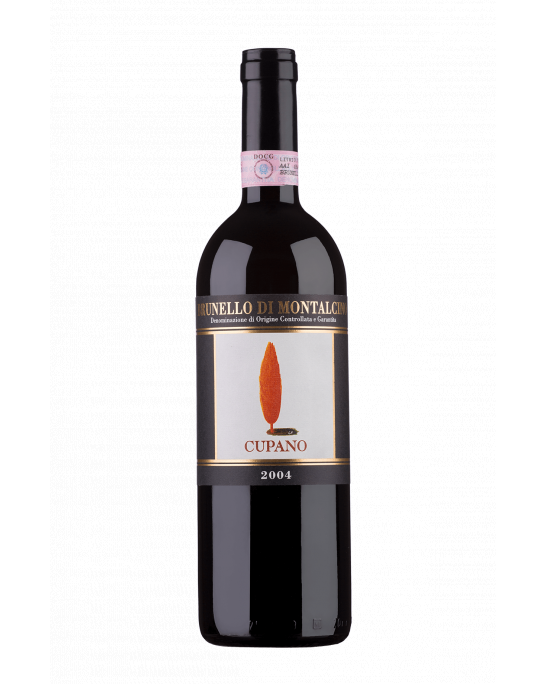

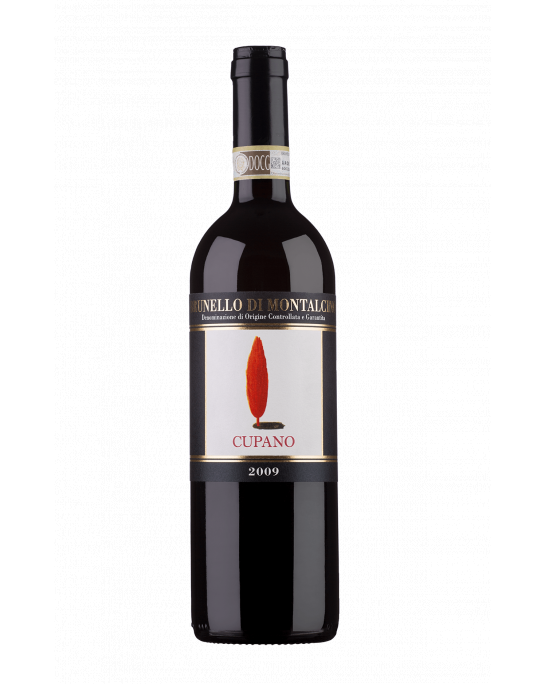
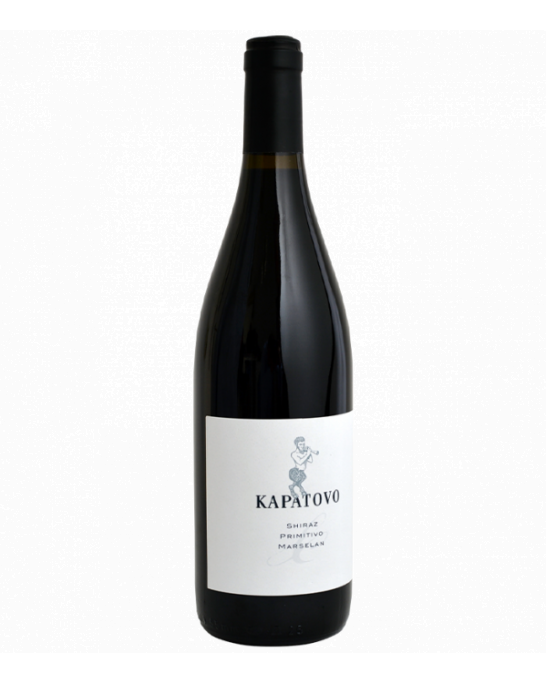
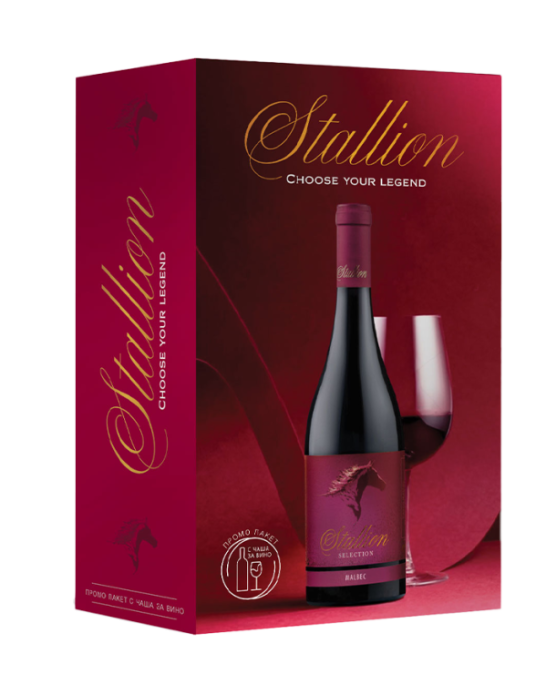
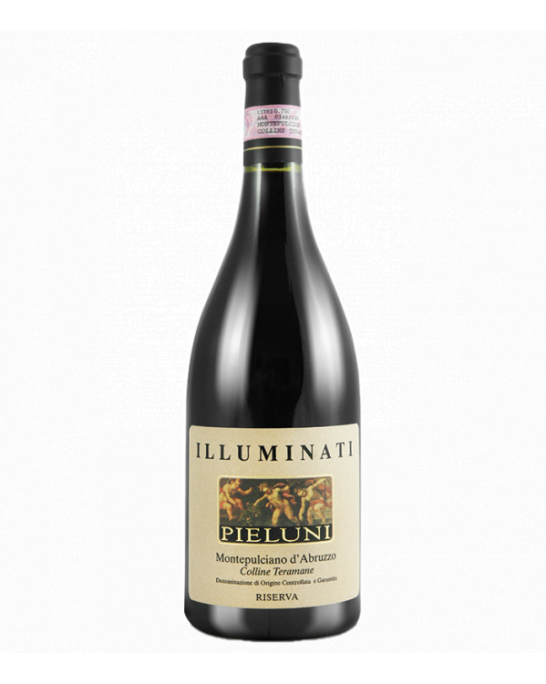
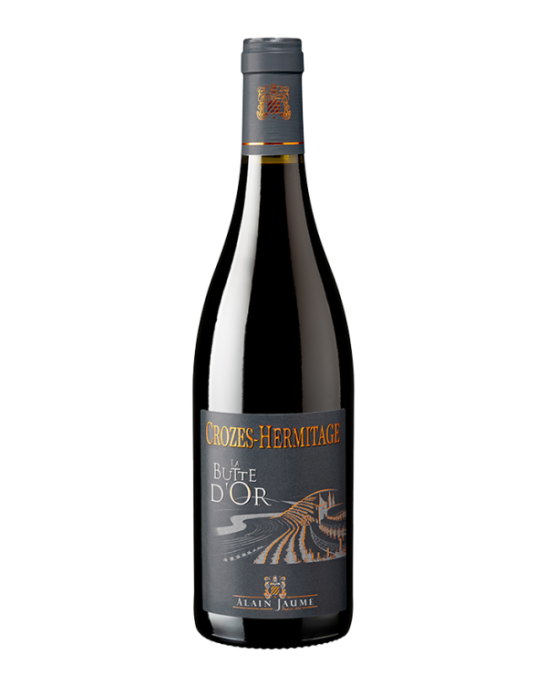
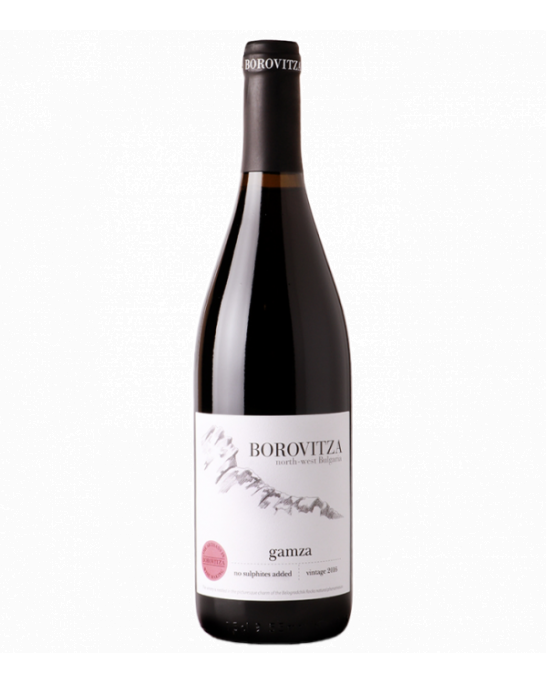
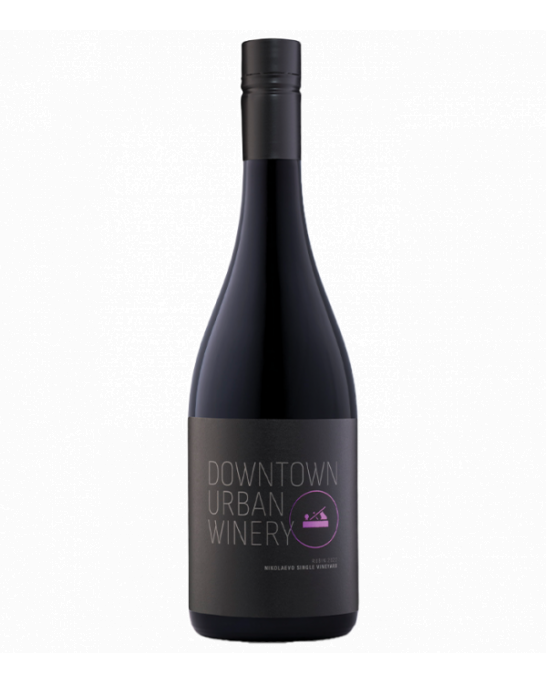
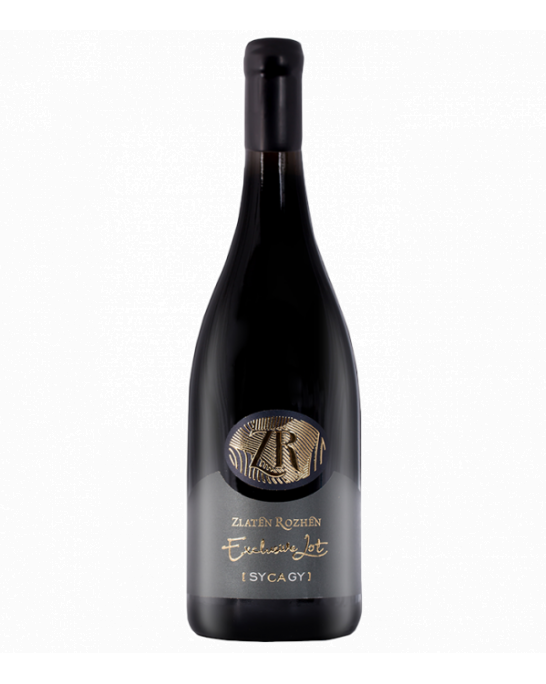
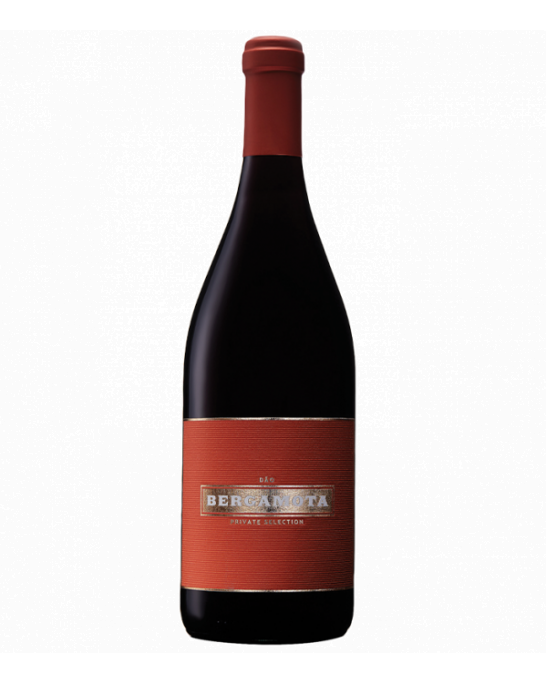
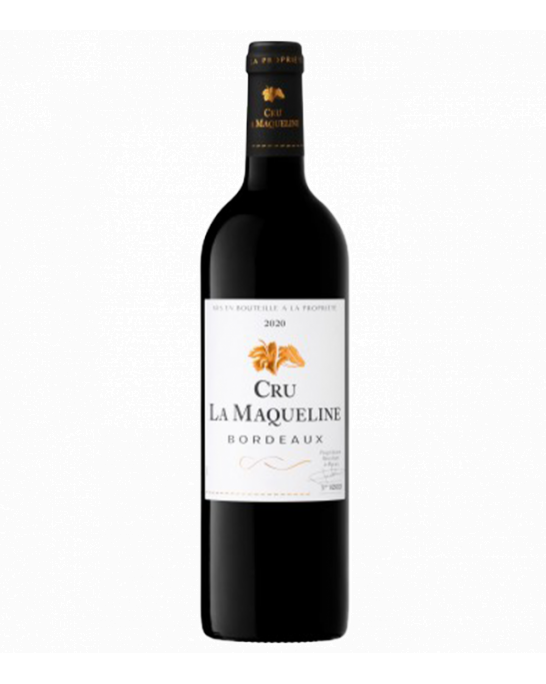
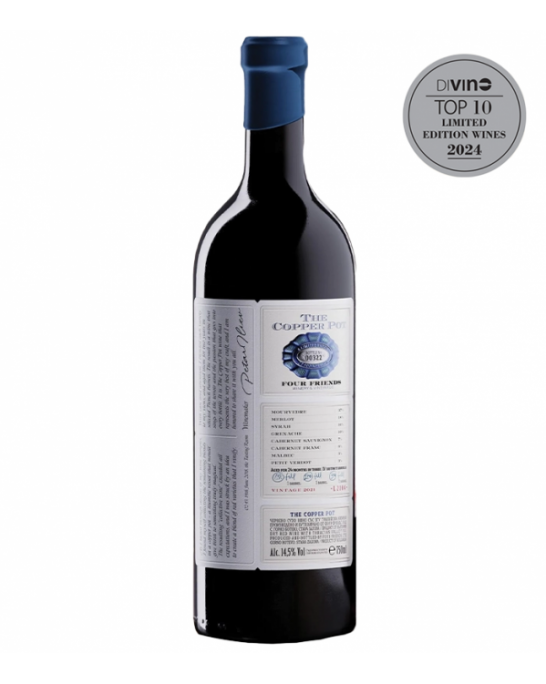
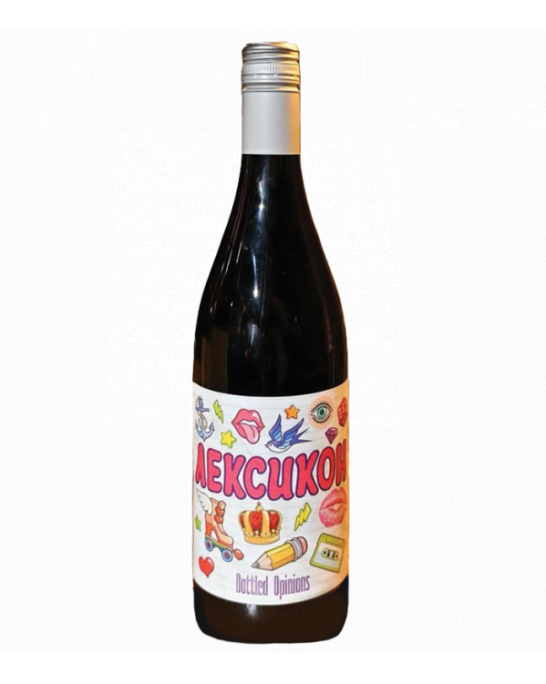
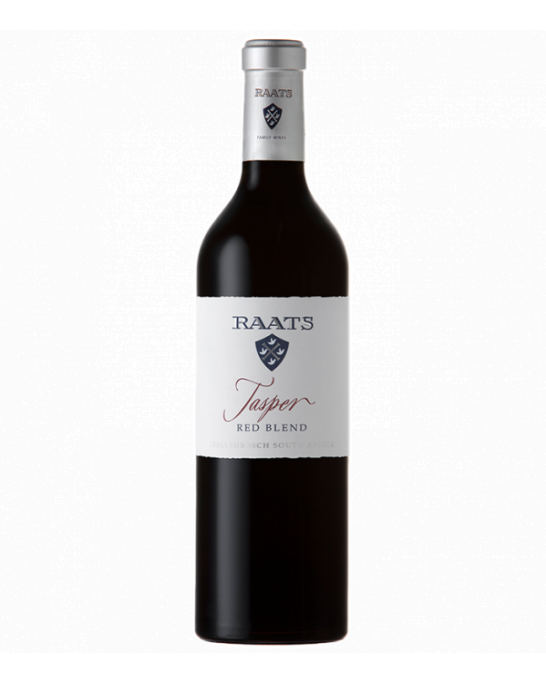
Customer reviews
No reviews available
Be the first to review